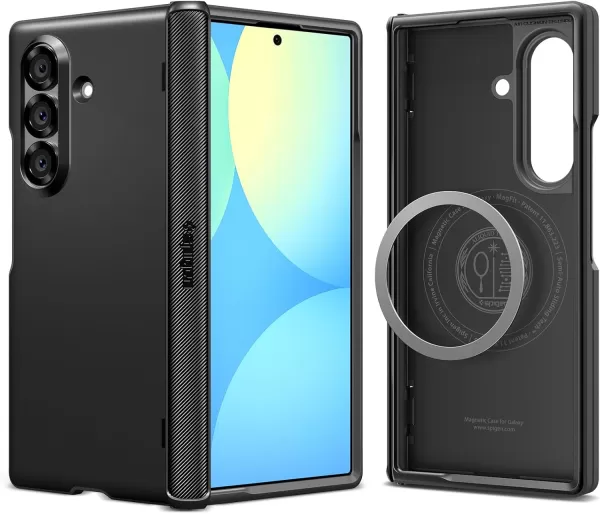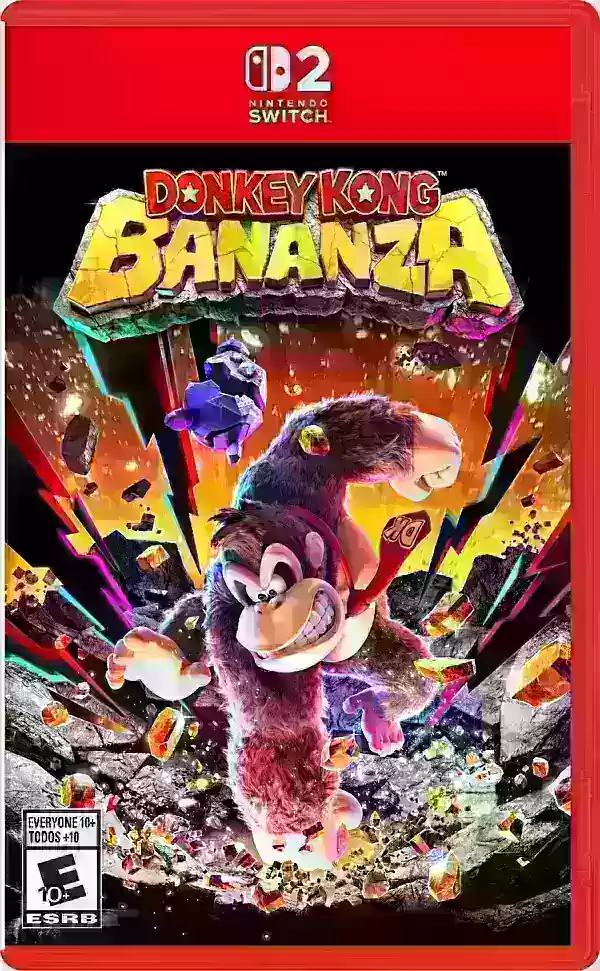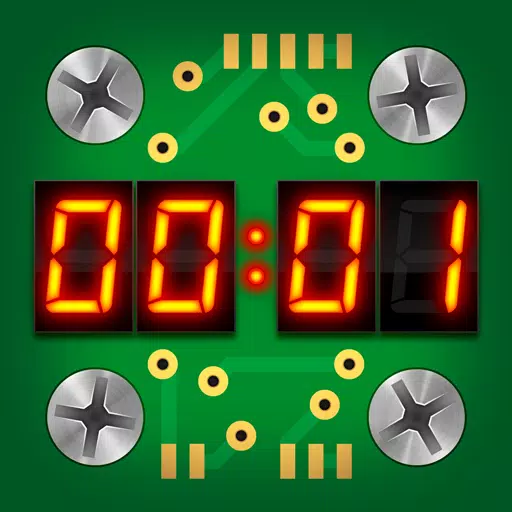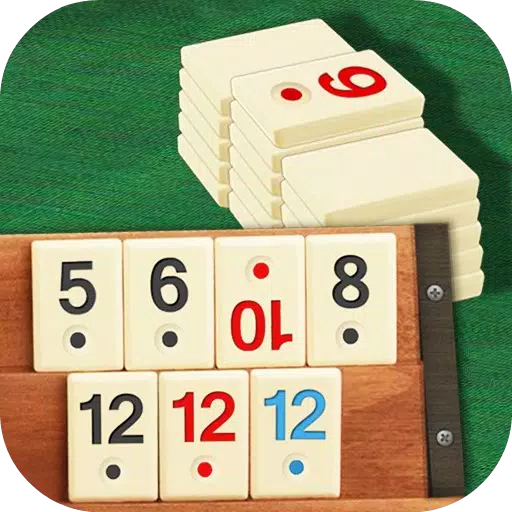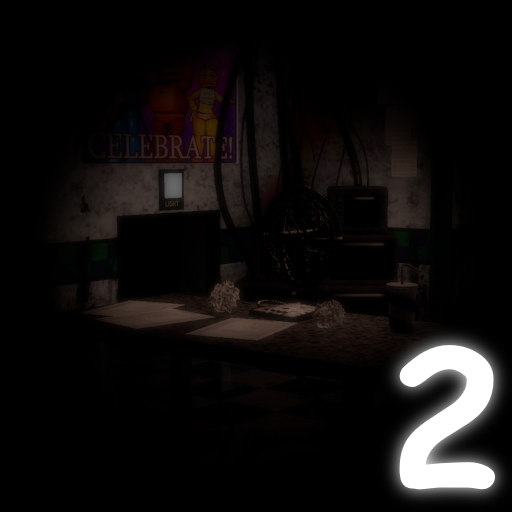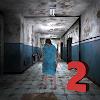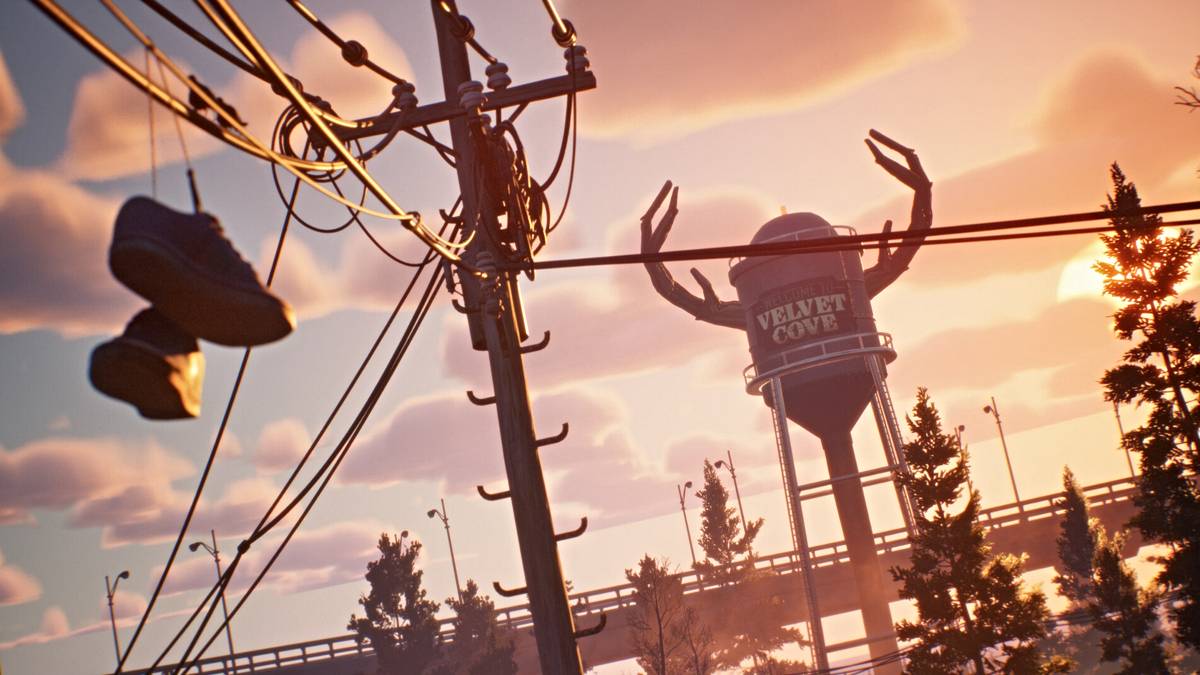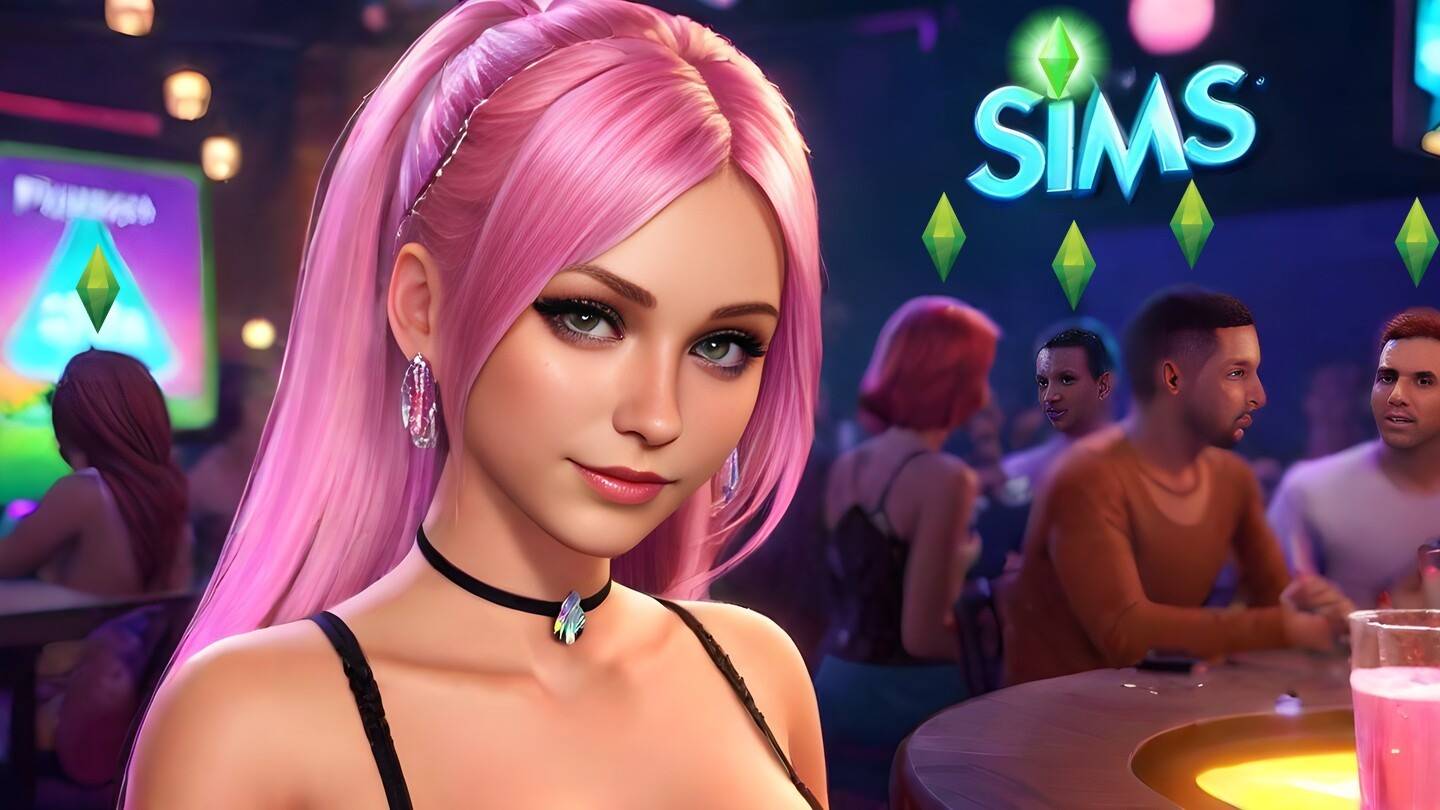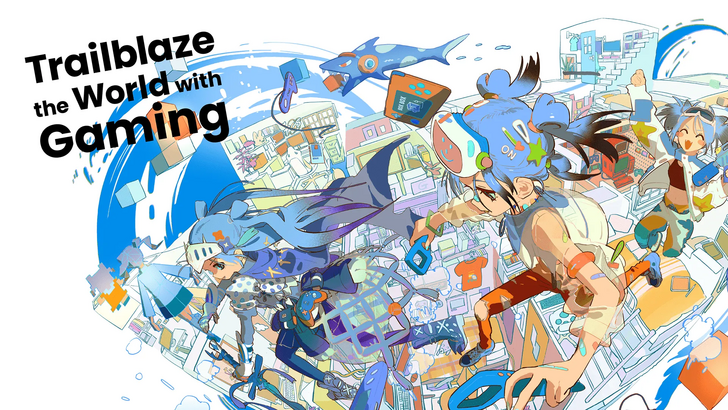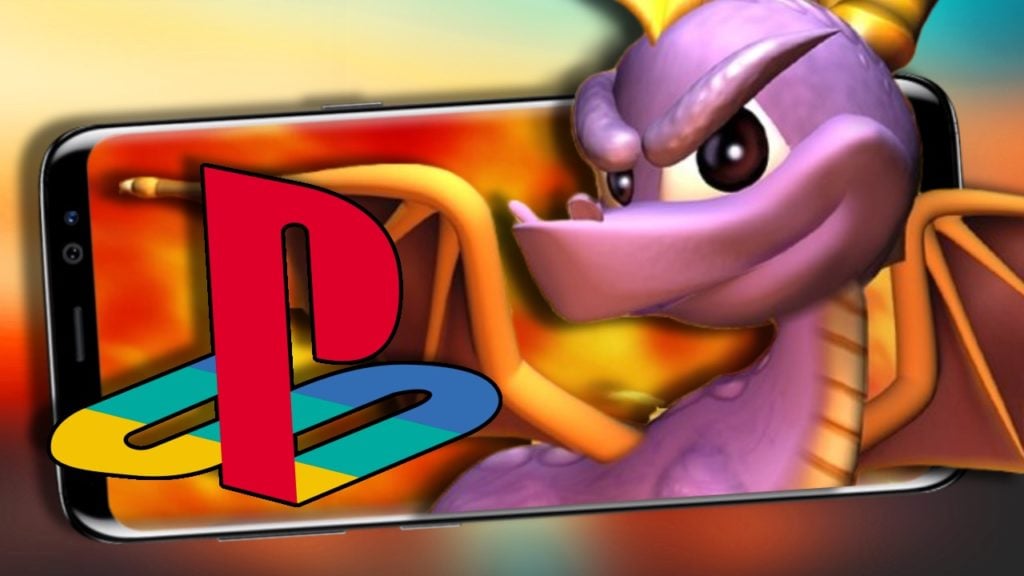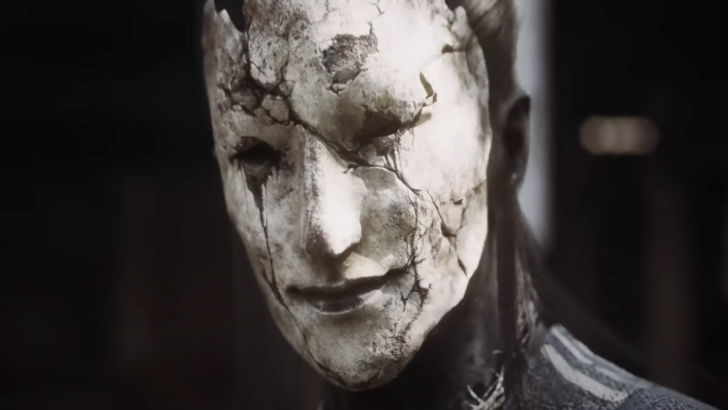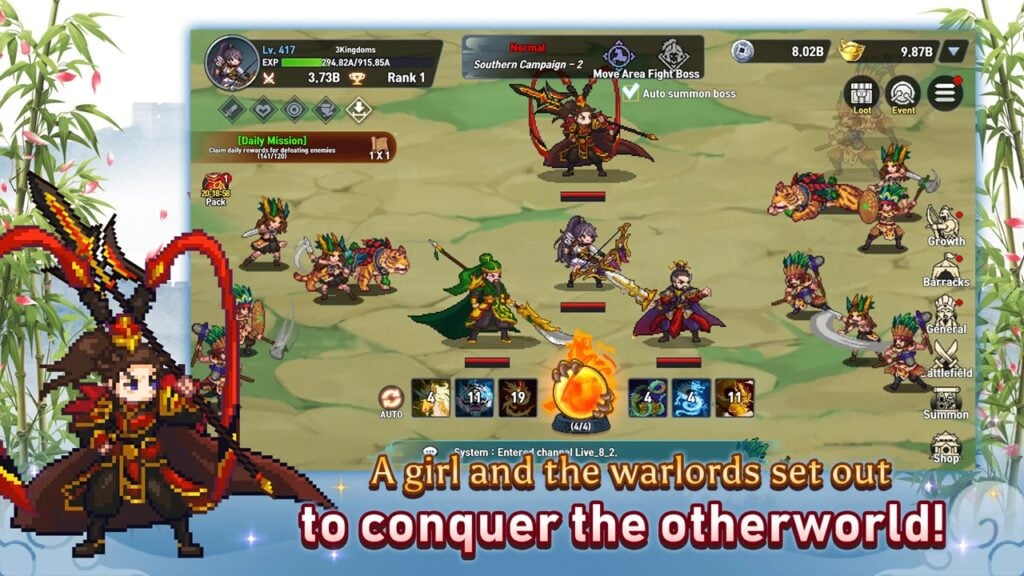2025 marks a pivotal year for DC, with James Gunn's Superman film set to kick off the new DCU in theaters, alongside a robust lineup of films and TV shows from DC Studios. The Absolute Universe in the comics is also generating significant buzz within DC's publishing division. Amid this flurry of activity, however, a glaring question looms large: What's happening with Wonder Woman? Created by William Moulton Marston and H. G. Peter, she remains one of the most iconic superheroes and a cornerstone of the DC universe, yet her presence in recent DC franchise media has been notably subdued.
Outside the realm of comics, Diana of Themyscira has faced a series of setbacks in recent years. Her live-action film series stumbled following the mixed reception of Wonder Woman 1984, and she's notably absent from the current DCU lineup. Instead of a Wonder Woman project, Gunn and his team have prioritized a series about the Amazons. Moreover, Diana has never had her own dedicated animated series, and her much-anticipated first solo video game, announced back in 2021, was cancelled. This raises a critical question: What is Warner Bros. doing with one of the most iconic female superheroes of all time? Let's delve into how Warner Bros. and DC are mishandling Wonder Woman's potential.
One Hit Wonder
During the peak rivalry between the Marvel Cinematic Universe and the DCEU in the late 2010s, the original Wonder Woman film emerged as a standout success for the DCEU. Released in 2017, it garnered largely positive reviews and grossed over $800 million worldwide. Amidst the mixed reception of films like Batman v Superman and Suicide Squad, Patty Jenkins' vision of Diana resonated with audiences in a way the recent DC films had not. While the film was not without flaws, such as third act problems and Gal Gadot's performance focusing more on poise and action than depth, its commercial success suggested the potential for a thriving franchise.
However, the sequel, Wonder Woman 1984, did not meet expectations. Released in 2020, it underperformed compared to its predecessor, dividing critics and failing to recoup its budget due to its simultaneous release on HBO Max and in theaters during the COVID-19 pandemic. The film's narrative issues, tonal inconsistencies, and controversial elements, such as Diana having sex with Chris Pine's Steve Trevor while he inhabited another man's body, further hindered its reception. Despite these setbacks, the decision to phase out a third film in the series and the lack of subsequent Wonder Woman projects across other media formats is disheartening, especially when compared to the multiple reboots and relaunches enjoyed by characters like Batman and Spider-Man.
Diana Prince, Missing in Action
As the new DCU embarks on a fresh slate of adaptations, one might expect Wonder Woman to be a focal point. Yet, the ambitiously named Chapter One: Gods and Monsters does not include a dedicated Wonder Woman project. Instead, DC Studios head James Gunn and Peter Safran have chosen to spotlight lesser-known characters such as Creature Commandos, Swamp Thing, Booster Gold, and The Authority. While there's value in exploring these niche properties (as evidenced by Gunn's success with Guardians of the Galaxy), it's noteworthy that these projects are being developed alongside new iterations of Superman, Batman, and Green Lantern, while Wonder Woman remains sidelined.
DC Universe: Every Upcoming Movie and TV Show
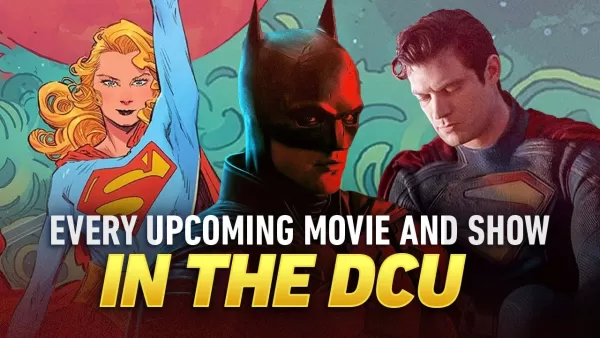
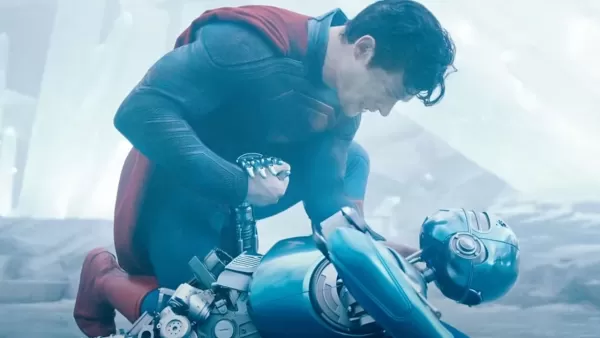 View 39 Images
View 39 Images
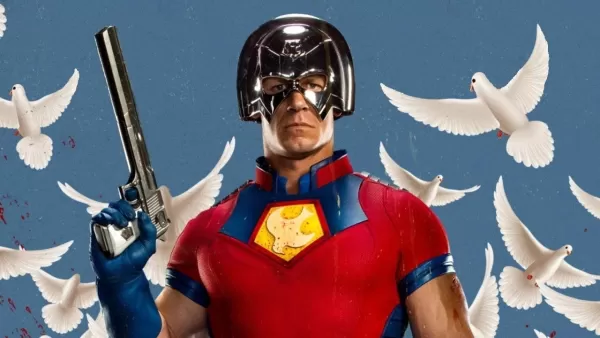
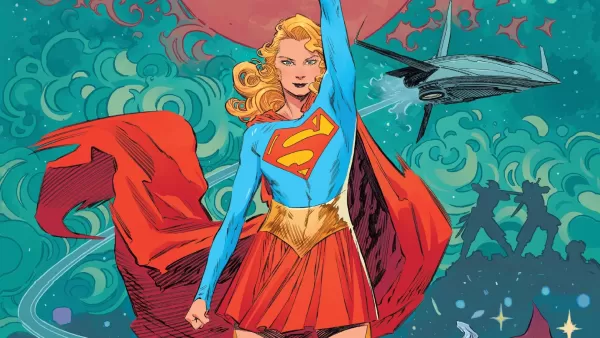
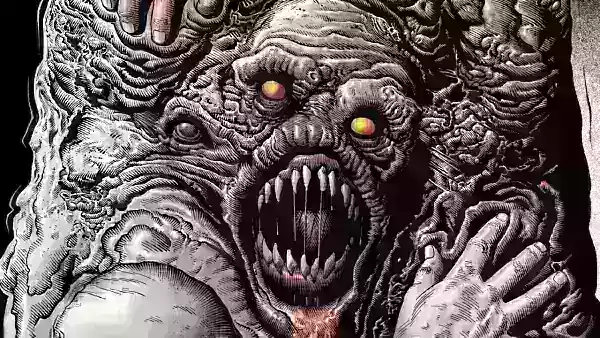
Instead of a Wonder Woman project, the DCU has announced Paradise Lost, a television series set in Themyscyra before Diana's birth, focusing on the Amazons. While exploring the rich history of the Amazons is commendable, creating a Wonder Woman-related show without Wonder Woman evokes comparisons to the Sony Marvel Universe. It raises questions about why DC Studios might not view Diana as the primary draw compared to the world-building around her. The urgency to launch a new Batman project, potentially resulting in two concurrent live-action Batman franchises, starkly contrasts with the absence of a Wonder Woman project.
Historically, the DC Animated Universe from the '90s and early 2000s prominently featured Wonder Woman in Justice League and Justice League Unlimited, yet she never received her own solo series, unlike Batman and Superman. Despite her regular appearances in DC Universe direct-to-video animated films, she has only starred in two: Wonder Woman in 2009 and Wonder Woman: Bloodlines in 2019. Given the surge in superhero content popularity over the past few decades, the absence of a dedicated Wonder Woman project is puzzling.
AnswerSee ResultsLet Me Play as Wonder Woman, Dammit
The recent cancellation of the Wonder Woman game in development at Monolith Productions underscores the ongoing challenges facing the character. It's unclear whether the underperformance of other DC games like Suicide Squad: Kill the Justice League and MultiVersus contributed to this decision, but the abandonment of a project that would have been Diana's first lead role in a video game feels particularly disappointing. With the resurgence of character action games, the timing seemed perfect for a Wonder Woman game akin to God of War or Ninja Gaiden, allowing players to experience her battling Greek mythology-inspired foes.
While Diana has been playable in titles like Injustice, Mortal Kombat vs. DC Universe, and various LEGO DC games, the absence of a AAA action game featuring her is a notable oversight. The success of Rocksteady's Batman Arkham series highlighted the potential for blockbuster superhero games, yet DC failed to capitalize on this by developing similar titles for Wonder Woman, Superman, or the Justice League. It's particularly galling that Diana's first appearance in the Arkham timeline, in Suicide Squad: Kill the Justice League, resulted in her being killed off as a non-playable character, while the male members of the Justice League were spared, albeit as evil clones.
The combination of a faltering film franchise, the lack of dedicated animated series, and poor video game representation reflects a troubling lack of respect from Warner Bros. and DC for one of their most iconic characters. If they show such disregard for the third most prominent hero in their lineup, it raises doubts about their commitment to the broader DC universe. As Gunn's Superman reboot aims to revitalize the DCU, it's crucial that Warner Bros. does not overlook the significant value Diana Prince brings to their franchise. After nearly a century, both she and her fans deserve better.





